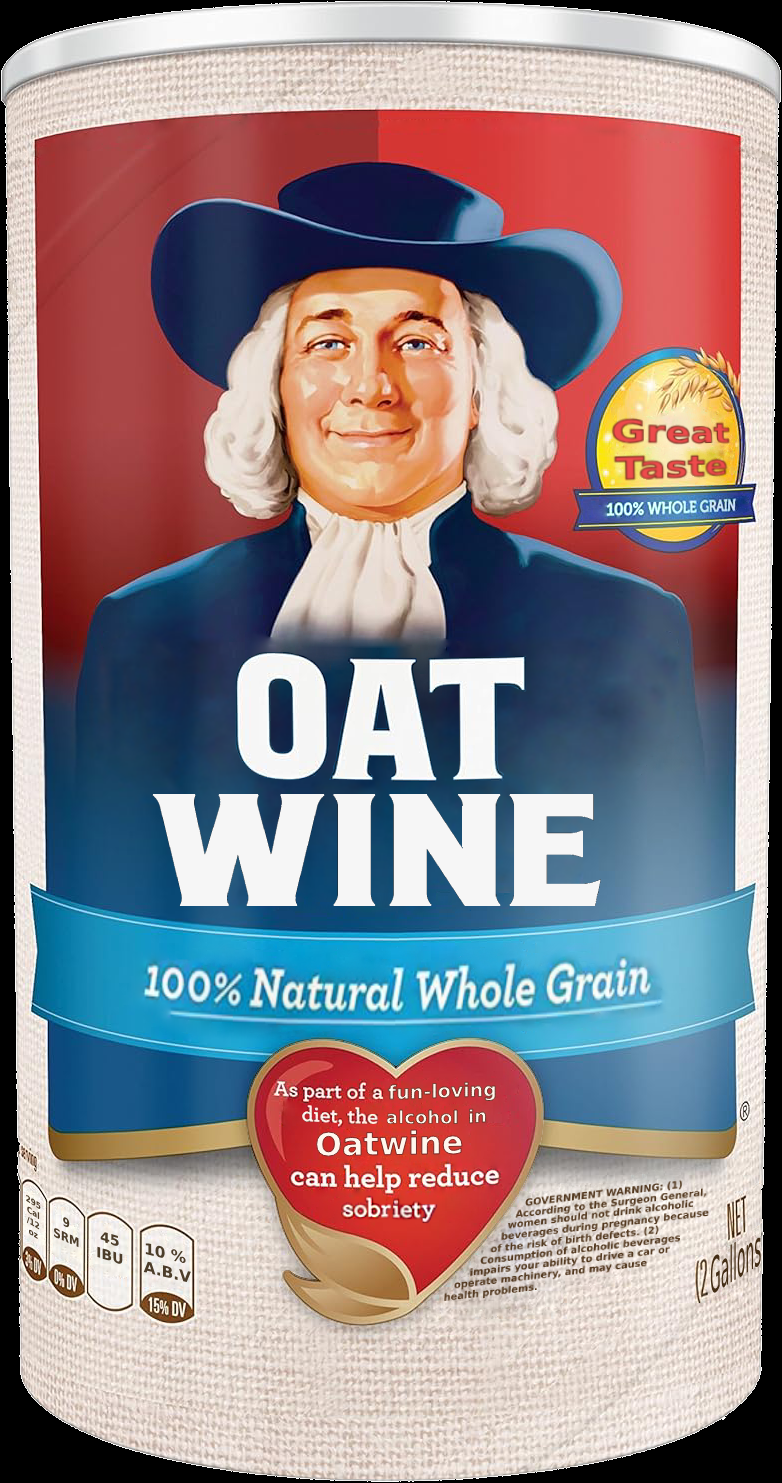- 5 Posts
- 5 Comments

 0·9 months ago
0·9 months agoWay ahead of you buddy.

 0·9 months ago
0·9 months agoI usually use 88% Lactic Acid. As a second choice I would pick Phosphoric Acid (usually comes as 10%). If you can find a stronger phosphoric acid then it’s probably the better choice as I think it has a lower taste threshold than lactic but it’s really fairly negligible between the 2. Citric acid has an extremely noticeable taste (think sour candy like warheads) and carbonic acid is a weak acid which is usually found in beer as the result of dissolved CO2.

 1·1 year ago
1·1 year agoLighters were invented before matches! 1823 vs 1826

 0·1 year ago
0·1 year agoCascade is a hop that grows well throughout the US (assuming you live there) and can be used in a wide range of american focused styles (APA, American Stout etc) and tends to be fairly high in bound thiols which you can unlock by using a yeast strain that can free them to create extremely tropical, fruity IPAs. It also has a solid AA% making it a fairly good bittering hop.



So black teas are a very common thing to add to meads as they contribute tannins which can help with mouthfeel and balancing acidity of the final beverage. This tea in particular (Lapsang Souchong) is a smoked tea and so as well as adding tannins to the mead, also contributes as wonderful smokey flavour. My inspiration for this mead several years ago was to make something that had a similar flavour profile to a nice peated scotch. The maple syrup was allowed to fully ferment out to leave just a subtle woody-ness and it works in conjunction with the tea and oak spirals I aged the mead on to provide a pseudo-barrel aged taste to the final product.